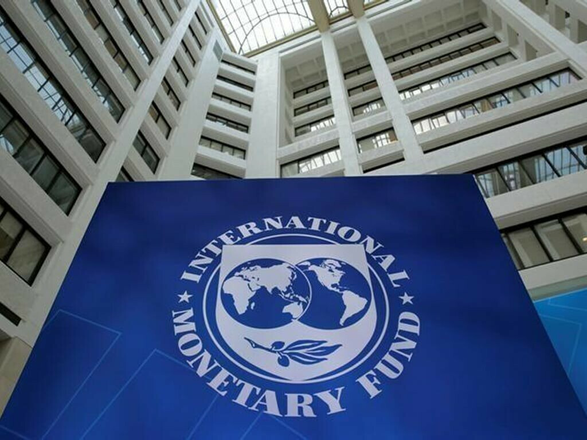You are here
‘War, oil rout erode Mideast, central Asia growth prospects’
By Reuters - Mar 22,2016 - Last updated at Mar 22,2016
WASHINGTON — Wars and depressed crude oil prices have diminished growth prospects for the Middle East and central Asia, and private sector productivity gains are needed to avoid a "new mediocre" for the region, the International Monetary Fund (IMF) said on Tuesday.
In a new paper, the IMF indicated that all emerging markets are facing diminished growth prospects over the next five years, but those of the Middle East and central Asian countries are expected to be 1.25 percentage points below the emerging market and developing country average.
Six years after the Arab Spring movement promised more economic inclusiveness and higher living standards, much of the Middle East remains mired in conflict, weighing on economic activity across the region as millions of refugees flee, IMF Middle East Director Masood Ahmed said in the document.
"At the same time, the new 'lower for longer' oil price reality has dampened oil-exporting countries' longer-term growth prospects and rendered their oil-centred economic growth models untenable," Masood added.
The region's oil exporters are being forced to cut spending and shrink bloated public sector employment that had been fueled by oil revenues, weighing on living standards and growth prospects, the IMF continued.
In the paper, it called for fostering a more competitive business environment to boost productivity growth, including streamlined regulations and tax codes, and reduced dominance for state-owned enterprises.
It stressed that boosting worker education, skills and professional networks is also critical for raising productivity.
The paper suggests that the region's countries can leverage "extensive and potent" diaspora networks to help improve productivity by conveying global business knowledge and expertise and helping to raise funds for training and education.
Improving the quality of education by working with the private sector to develop a curriculum focused on the skills needed for private sector jobs can also help close the gap in worker’s talent.
The IMF said financial market development was also vital for accumulating capital — and the region had fallen behind its global peers. Easing access to finance can help develop small and medium enterprises and ensuring adequate protection of legal rights can help raise growth.
Closing gaps with global peers in regulation, education and financial market development could help lift potential growth by 1.5 percentage points in the Gulf Cooperation Council countries, by one percentage point in the Caucuses and Central Asian countries.
But the paper noted that security and stability are a precondition for such reforms to succeed.
Related Articles
The International Monetary Fund (IMF) expects Jordan's gain from lower oil prices in 2015 to be only two percentage points of the gross domestic product, with an official from the financial institution saying oil prices impact on the budget would be neutral.
DUBAI — Most of the Middle East and North Africa's non-oil producing economies are experiencing a "gradual slowdown", the International on M
The International Monetary Fund (IMF) said on Wednesday that losses from lower oil exports should sap up to $300 billion from economies in the Middle East and Central Asia this year, as countries in the region adjust to falling crude prices.
















